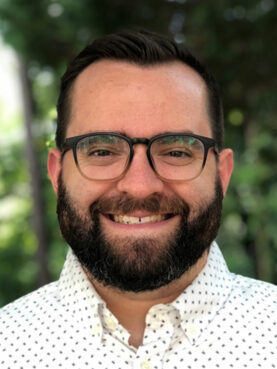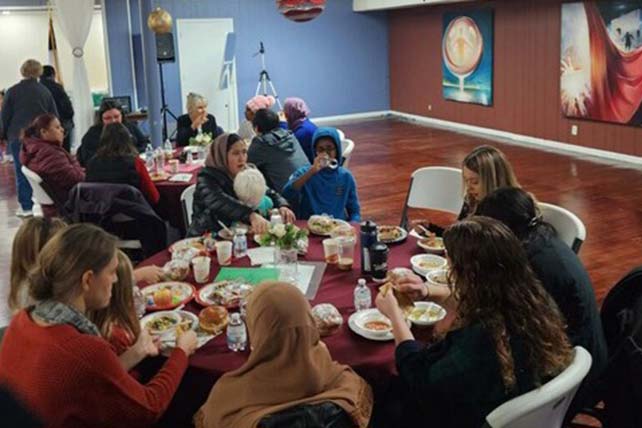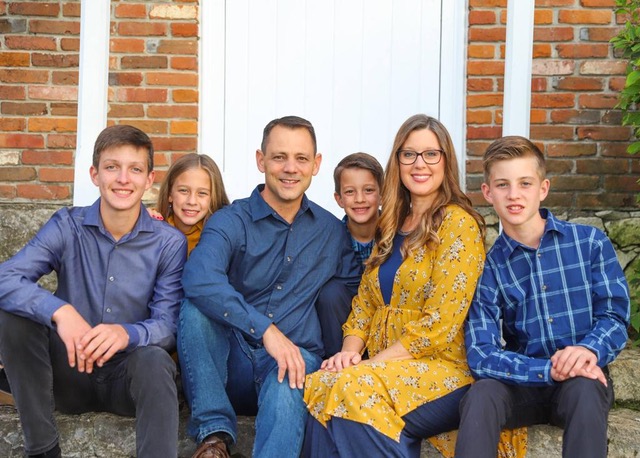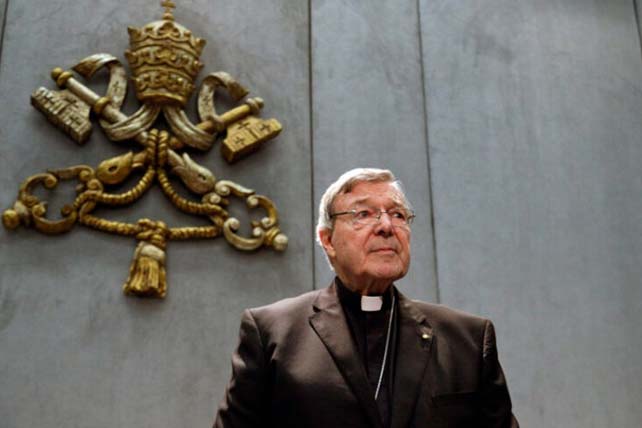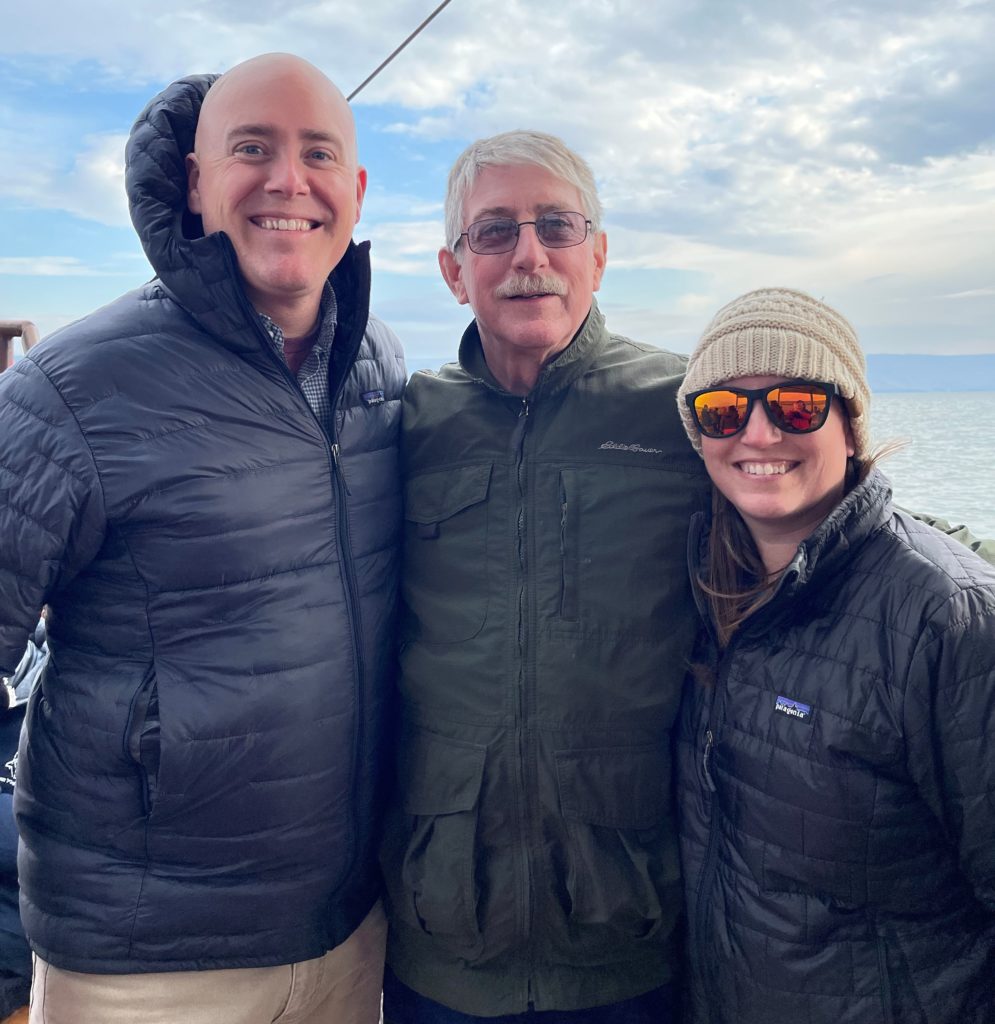In a recent episode of his TBN show “Takeaways,” Kirk Cameron tackled the topic of “cancel culture.”
In the course of the episode, Cameron interviewed controversial pastor Douglas Wilson. Known for wanting to make his hometown of Moscow, Idaho, a “Christian town,” as well as for his Christian defense of antebellum slavery in a pamphlet titled “Southern Slavery: As It Was,” Wilson has often been the subject of criticism for his views on race, gender roles, and Christian nationalism.
“Cancel culture: we hear about it. We feel it. We see prominent people being made examples of through pressure campaigns,” Cameron said to open the episode. “Tolerance for differing points of view seems to be at an all-time low.”
“‘Adhere to secular woke dogma or you’re toast,’” Cameron continued. “That’s how it feels, right?”
RELATED: A Christian Town? This Controversial Church’s Goal Is to Make It Happen
Cameron went on to say, “The fear of being canceled can sometimes result in self-censorship—arguably the most painful kind of censorship.”
The episode featured two interviews. The first was with authors and speakers David and Jason Benham, and the second was with Wilson.
David and Jason Benham: Now Is ‘Not a Time to Be a Lamb Led to the Slaughter’
Cameron’s first interview was with David and Jason Benham, twin brothers who are real estate entrepreneurs known for their dispute with HGTV, wherein the network canceled a reality show planned to feature the brothers in 2014 after controversy arose in light of their views on LGBTQ+ issues.
The controversy specifically centered on comments David made about “homosexuality and its agenda” being connected with “demonic ideologies.” He also had compared same-sex marriage with Nazi Germany.
While HGTV canceled the show, they still funded the Benham brothers’ work on six Charlotte-area homes that were to be featured in the now-defunct real estate reality program.
To begin his interview with the brothers, Cameron said, “When I look at your life, one big word comes to mind: courage. You had courage to stand up. You had courage to speak up. You don’t shrink back from the fight, but you do it in a way that is admirable.”
Cameron went on to ask the brothers where their courage comes from.
“The Spirit of the living God lives inside of us, just like he lives in you and the viewers that are watching this,” David replied. “And he is the lion of the tribe of Judah. He’s also the lamb that was slain. And so there’s a delicate balance when we are walking by the power of the Holy Spirit with the lion and the lamb.”
Speaking about opportunities he and Jason have lost because of their public comments, David said, “It’s almost always rooted in the fear of man and a man-pleasing spirit. There is an agenda. There is, what Jason and I call, a ‘spiritual thought-mafia’ that’s out there and it’s the spiritual forces of darkness that are empowering a very mob mentality in mainstream media, and even many people in the church.”






